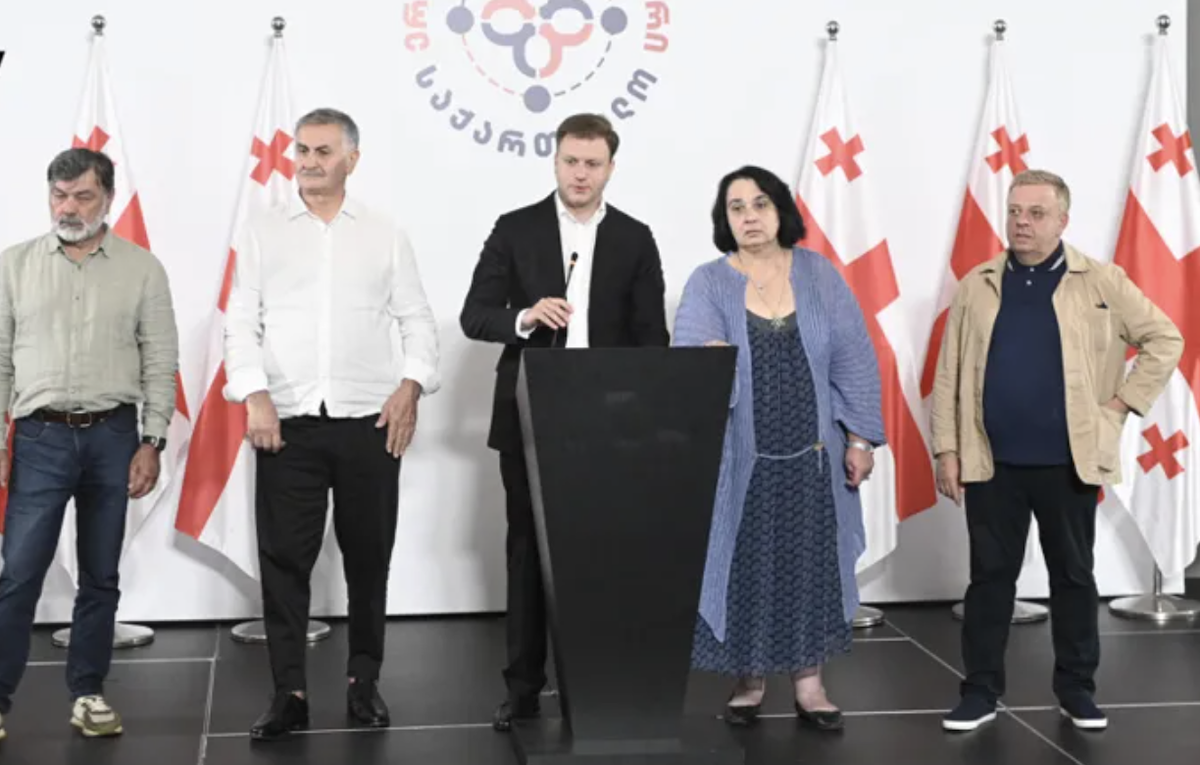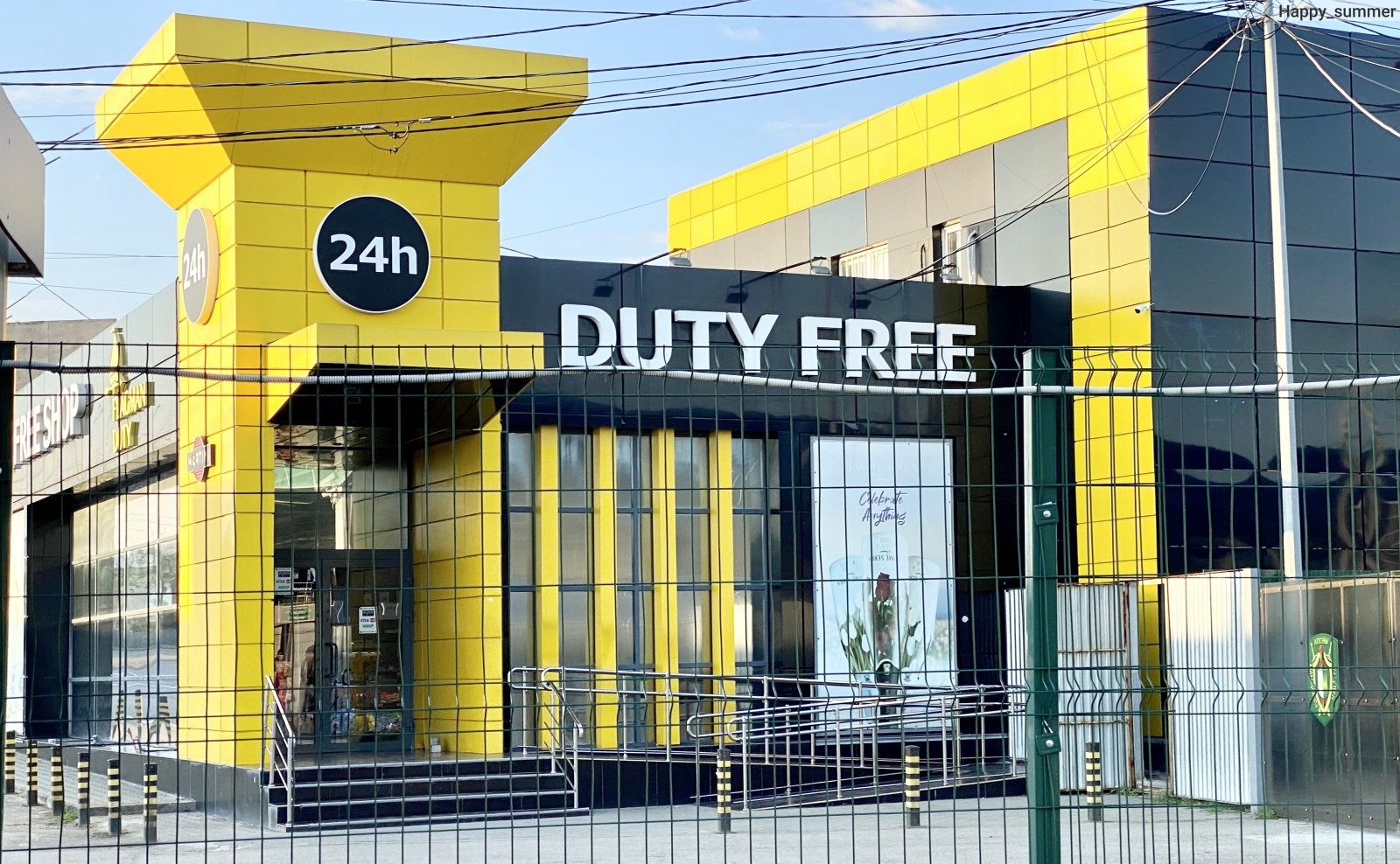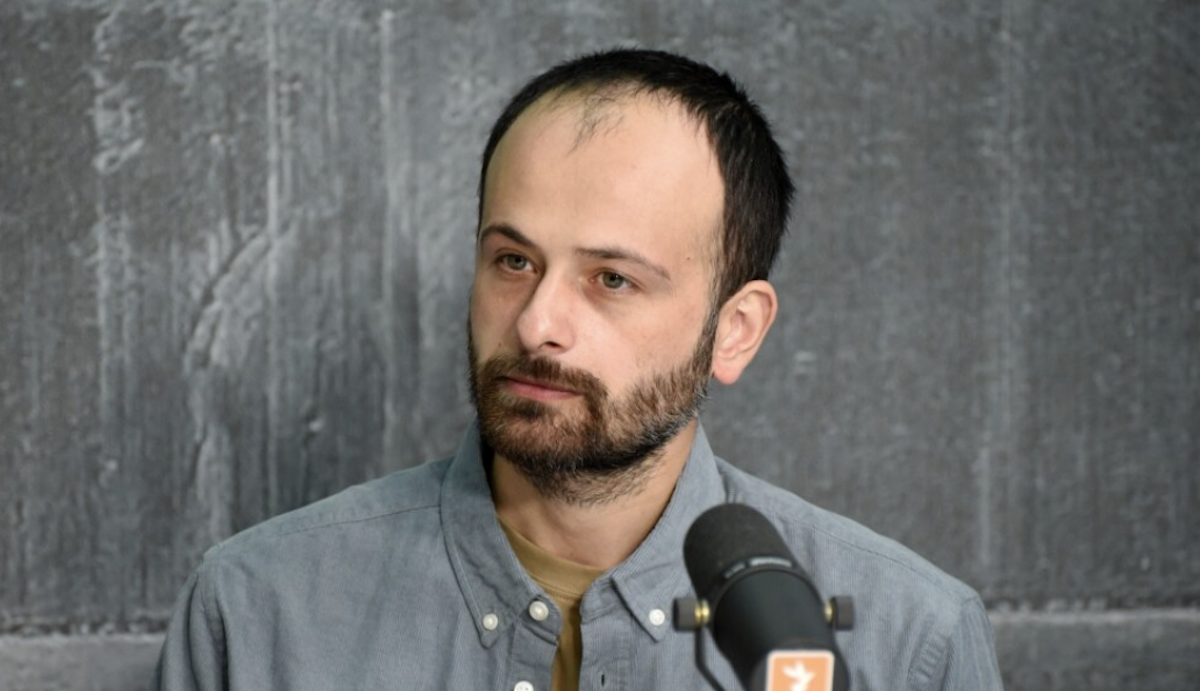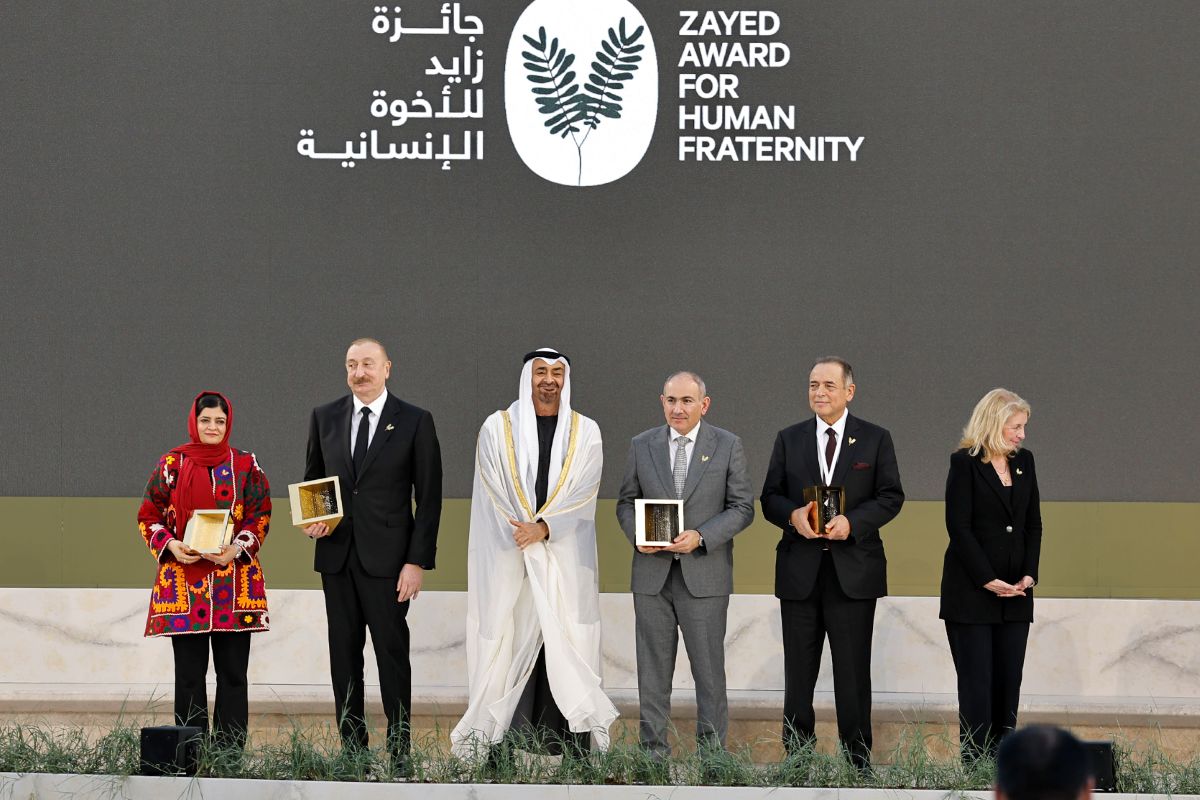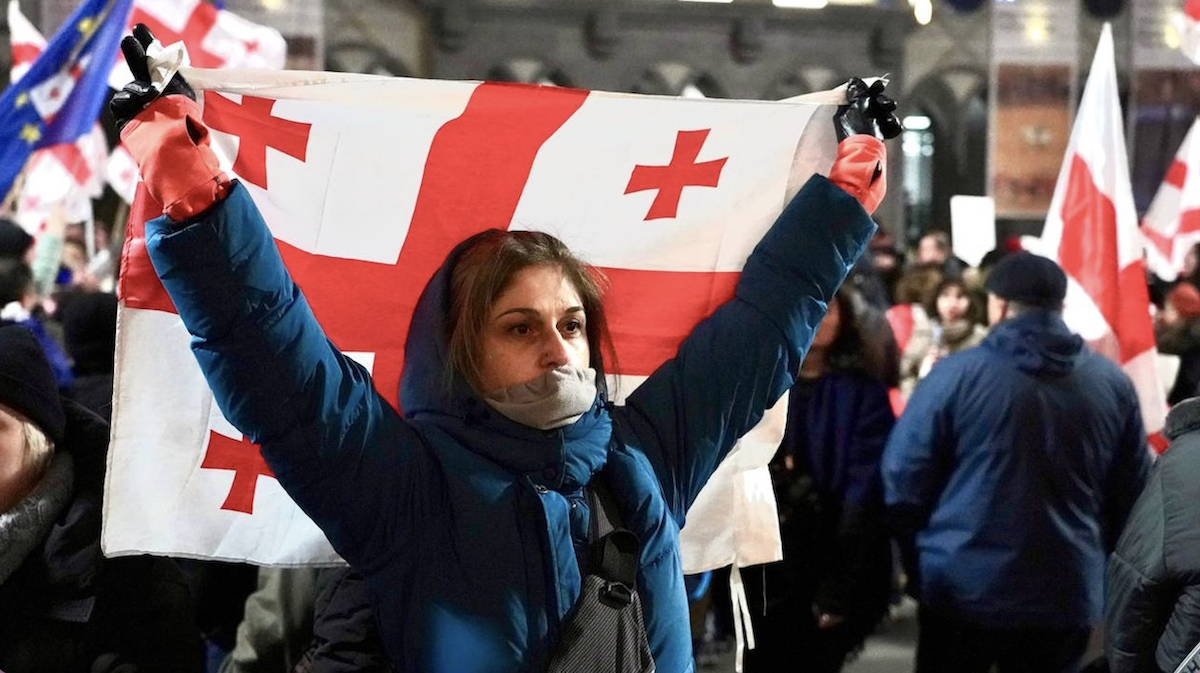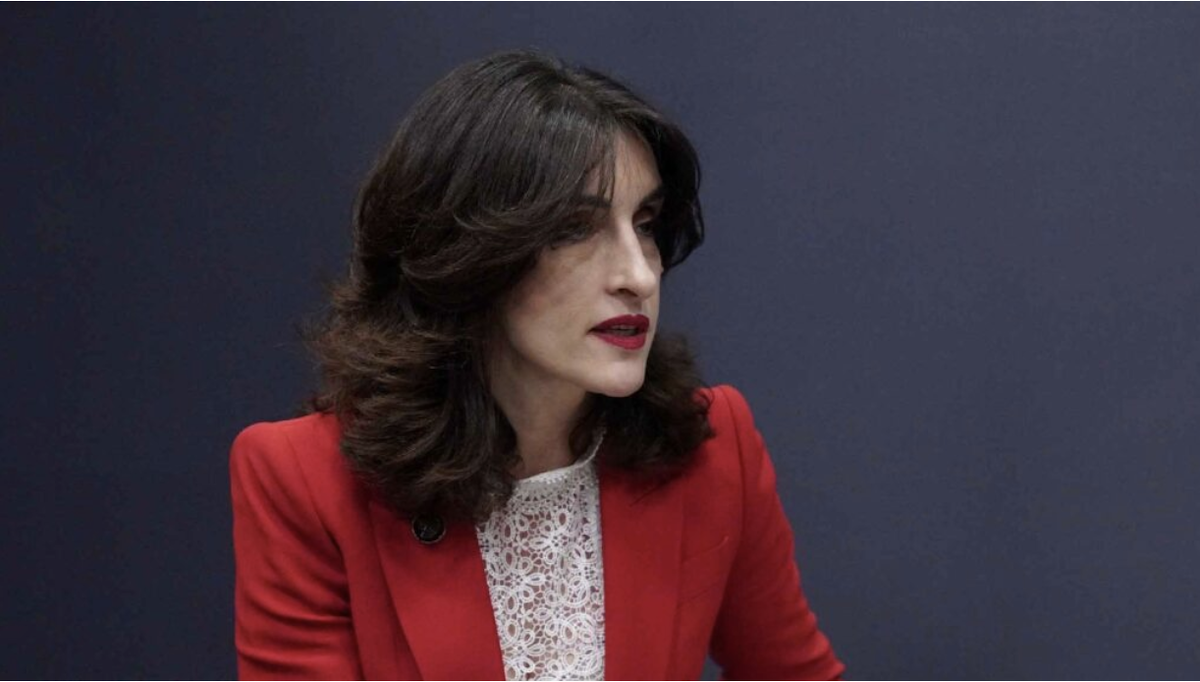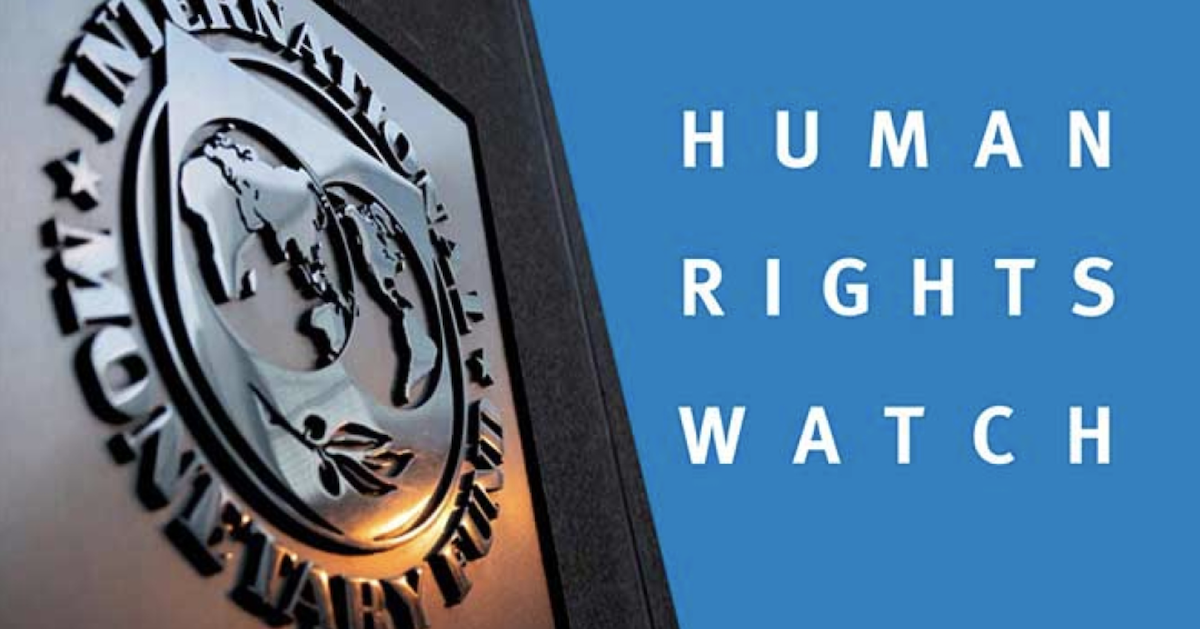How to make Russia stop the war in Ukraine? Zelensky's office comments on Putin's 'peace initiatives'
How to make Russia stop the war in Ukraine
Latest events: On July 8, Russian troops bombed the largest children’s hospital in Ukraine. The attack resulted in the deaths of at least 33 civilians and left another 143 injured. The primary strike targeted Kyiv, killing 27 people. However, massive missile strikes were carried out across the entire territory of Ukraine.
These attacks occurred amidst numerous statements from Russian president Vladimir Putin expressing a readiness for negotiations. However, most observers view these statements as ultimatums with conditions that are unacceptable to Kyiv.
Recently, advisors to U.S. president Donald Trump also presented their “peace plan.” They propose withdrawing American military aid to Kyiv if it refuses to negotiate with Moscow.
What do Ukrainian authorities think about these “peace initiatives”? Mikhailo Podolyak, an advisor to the head of Volodymyr Zelensky’s office, responded to questions from Meduza.
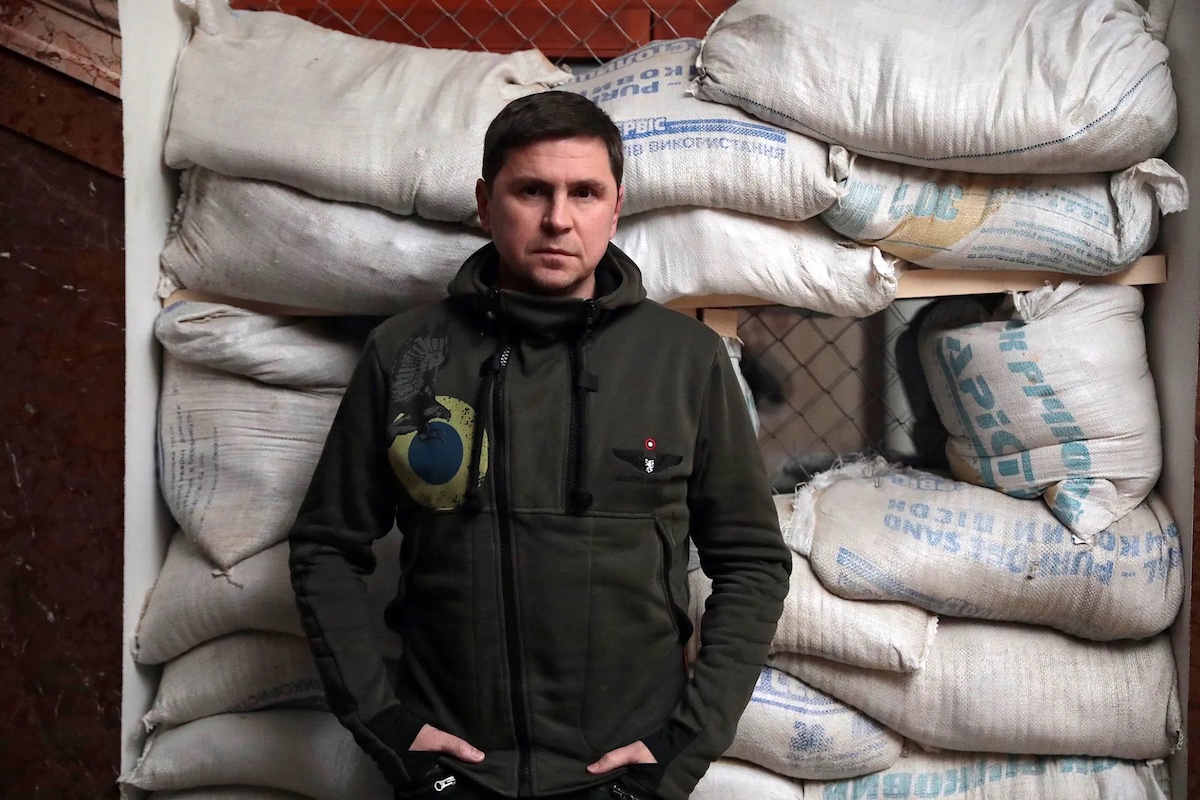
- Why supporting Ukraine in the war is necessary. Commentary
- How Russia ensures its military with new armaments bypassing sanctions
- Two conferences on Ukraine: Has Azerbaijan’s position changed? Commentary from Baku
Let’s start with the successful peace summit.
The Global Peace Summit took place on June 15-16 in Switzerland. Organized by Ukraine, it invited over 160 countries and international organizations, with representatives from 101 countries and organizations attending, including those from Azerbaijan, Armenia, and Georgia. Russia was not invited. The summit concluded with participants signing a communiqué that included only three of the 10 points from Ukraine’s “peace formula”: nuclear safety, food security, and the exchange of prisoners and the return of deported Ukrainian children.
On the eve of the summit, Vladimir Putin presented his “peace proposals”: cede him four Ukrainian regions, lift all sanctions, and abandon Ukraine’s plans to join NATO.
Working groups were formed in three areas, including prisoner exchange. With the involvement of mediators from Saudi Arabia, Qatar, and the Vatican, exchanges of prisoners of war and civilians have taken place. While the goal is to exchange all for all, the ability to conduct exchanges has at least been unblocked.
Two other working groups were also formed—on nuclear safety and the functioning of grain corridors.
There is a desire to expand international participation by including countries that maintain a neutral position, encouraging them to take an active role. Future discussions will address all points of the peace plan presented by Ukraine.
Ukraine’s “peace formula” includes:
- Ensuring Ukraine’s radiation, nuclear, food, and energy security,
- Exchanging all prisoners of war and returning the deported,
- Restoring Ukraine’s territorial integrity (within the 1991 borders),
- Withdrawing Russian troops from Ukrainian territories,
- Preventing new escalations,
- Creating a special tribunal to investigate Russia’s crimes against Ukraine,
- Developing a mechanism for compensating the damage caused to the country during the war.
Kyiv first presented the “peace formula” in the fall of 2022.
Instruments to pressure Russia into negotiations between summits
1. Military supplies to Ukraine:
Ukraine should receive more military supplies, and the remaining informal restrictions that have hindered Ukraine from effectively conducting a defensive war by destroying Russian resource capabilities in occupied and border areas should be completely lifted.
These restrictions are decreasing, and Ukraine is receiving more and more expendable materials, especially long-range missiles and anti-missile defense systems.
2. Sanctions:
The 14th sanctions package we saw is quite effective and stringent, as it addresses the issue of separating the Russian financial system from the global one.
Extensive work has also been done regarding Belarus, one of the countries through which Russia could procure, for instance, dual-use components and devices.
3. International isolation of Russia:
The most challenging aspect requiring discussion is Russia’s international isolation.
Russia should have fewer opportunities to utilize international platforms.
If these three pressure tactics work, the second peace summit will be successful.
- Moscow claims “U.S. wants to change Georgian government”; Washington calls It “complete lies”
- Is the South Caucasus in Trump’s plans? A view from Baku
- “Armenia will leave the Russia-led CSTO; there is no other way,” – Prime Minister Nikol Pashinyan
Russia’s proposals are about Ukraine’s capitulation, not peace
Everything Russia proposes today is not about peace but about Ukraine’s capitulation. The “peace formula” enshrined the concept of a just peace, based on the return of international law. Volodymyr Zelensky has repeatedly stated that any country can make any proposals, but any proposal not based on international law is merely a way to freeze the war under unfavorable conditions for Ukraine, with the potential for thawing at later stages of the war.
Such a proposal would imply that international law does not exist and that any aggressor is not obliged to pay for their aggression—neither legally nor financially.
Will there be a Russian representative at the next summit?
The president of Ukraine mentioned that Russian representatives might attend the next summit, as it is necessary to form a roadmap leading to the end of the war.
This roadmap should outline all conditions for ending the war, primarily considering the interests of the attacked country.
It is crucial what happens along the front lines and within Russia before the second summit. If effective strikes on Russian territory continue and their scale increases, with failing points at the front and deserting units, internal stability in Russia will weaken.
These incidents will affect the elite’s sentiments, which will determine the composition of Russia’s leadership over time.
Then we can discuss who will represent Russia and how we can negotiate with them.
NATO’s role in coordinating aid
NATO should play a more significant coordination role. It should not be an abstract “Ramstein group” without a legal framework, but rather, NATO should moderate military aid from all member countries.
They need to understand how and to what extent they will provide assistance to Ukraine. We have bilateral aid agreements with these countries, as well as collective ones, and it would be beneficial for NATO to assume the role of the key moderator. This will be a key outcome for Ukraine.
NATO should also declare that no one outside NATO will determine the alliance’s expansion or infringe on the sovereign rights of any countries wishing to become part of collective security.
Trump and the potential halting of U.S. aid to Ukraine
Western media increasingly report on the stance of Trump’s team regarding the war in Ukraine. Politico writes that Trump is discussing with Putin which parts of the occupied territories Russia can keep. Bloomberg reports that Trump will threaten to cut off military supplies to Kyiv if it refuses to negotiate.
Does Kyiv feel increased pressure from his team?
“I don’t see a concrete position from Trump yet. Candidates from both the Democrats and Republicans use rhetoric that is confrontational towards each other. Within this discussion, everything appears quite ultimatum-like. But it is not a real plan.
President Zelensky has clearly stated: if anyone has a real plan—any candidate, including Trump—we would like to hear it. If it indeed suggests Ukraine losing its sovereignty and territories, we will respond differently.
If anyone thinks that leaving Ukraine alone with a consortium of ‘Russia, North Korea, and Iran’ will solve all the world’s problems, they are mistaken.
A candidate who says the war can be ended by encouraging the aggressor and giving them the victim country’s territories should follow this logic to its conclusion.
It implies that any aggressor can seize part of any country’s territory, kill a large number of its citizens, and face no consequences for it.
Besides, I doubt that stopping aid to Ukraine is even possible.
The Republican Party in Congress and the Senate clearly understands the nature of this war and is fully prepared to vote for measures that will unblock further military assistance. The delay over the past few months was due to internal political discussions.
Moreover, the Republican Party is aware of all the risks I have already mentioned. Reputation-wise, it would be a failure for the United States.
Additionally, the increase in military production in European countries should not be underestimated.
The volumes of weapons that European countries will supply, along with the military production being restored in Ukraine, will help address many operational and tactical tasks at a high level.
The “Let’s help” project (launched by Meduza, Dozhd, and the Support Service) aids Ukrainian civilians affected by the war. Join the fundraising efforts. All money collected in the coming days will go to the “Okhmatdyt” children’s hospital in Kyiv.











